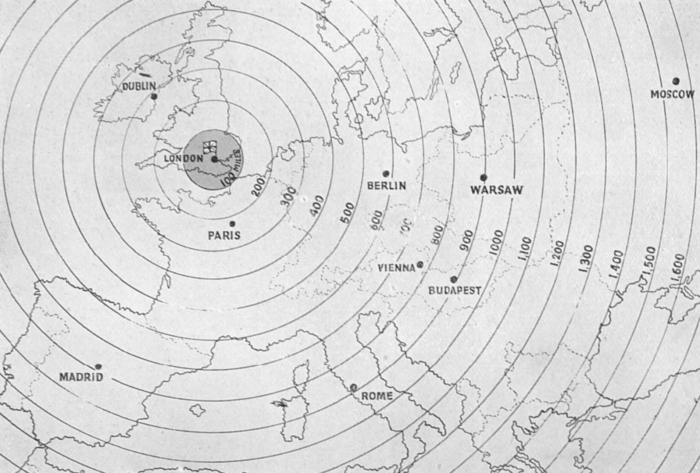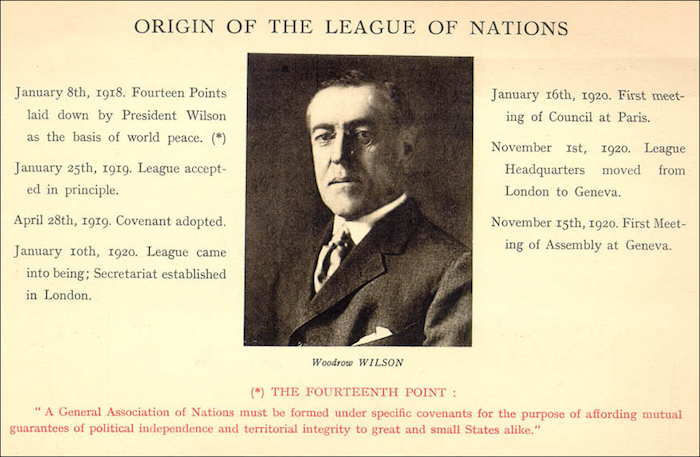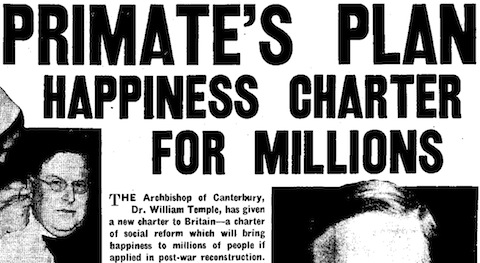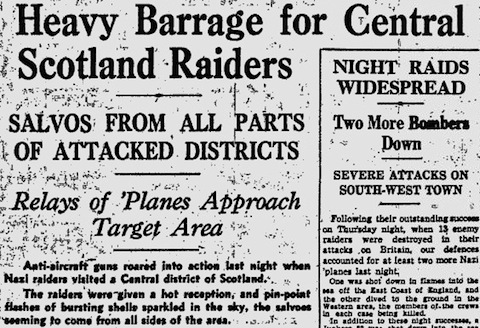It’s that quote again — III
After the drama of 1934, ‘the bomber will always get through’ appears less frequently in the British Newspaper Archive (BNA) in 1935 (though still at about twice the level than in 1932 or 1933). But it is still mostly being used in a very political way. This is not surprising, with the general election contested […]








